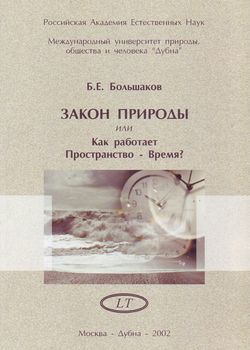Dostovalov Andrey Andreevich, master student, Dept. of Big Data Analytics and Video Analysis Methods, Ural Federal University
Kapustin Savely Andreevich, master student, Dept. of Big Data Analytics and Video Analysis Methods, Ural Federal University
Abstract
The study focuses on developing a machine learning model for the automatic detection of marine debris based on image analysis. A comparative analysis of deep learning models (Faster R-CNN, SSD, YOLO) was conducted, considering accuracy, processing speed, and computational resource requirements. The YOLOv8 model was identified as the most promising due to its high performance and stability. A unique dataset was developed, featuring annotated images of marine surfaces with debris objects. The model was trained, achieving significant metrics in accuracy (mAP50-95), recall, and object localization. A web service was created, enabling users to upload images, automatically detect marine debris, and export results in JSON format. This work contributes to the automation of environmental monitoring processes and serves as a foundation for further research in combating marine pollution. The results demonstrate the model’s potential for integration into real-time monitoring systems.
KEYWORDS: marine debris, detection, pollution monitoring, image analysis, on-board cameras, satellite monitoring, automation, ecosystems, plastic waste, environmental impact, surveillance technologies, detection techniques.
Download article DEVELOPMENT OF A MARINE DEBRIS DETECTION MODEL![]()

 ПОСЛЕДНИЕ ЭКЗЕМПЛЯРЫ ТИРАЖА
ПОСЛЕДНИЕ ЭКЗЕМПЛЯРЫ ТИРАЖА


